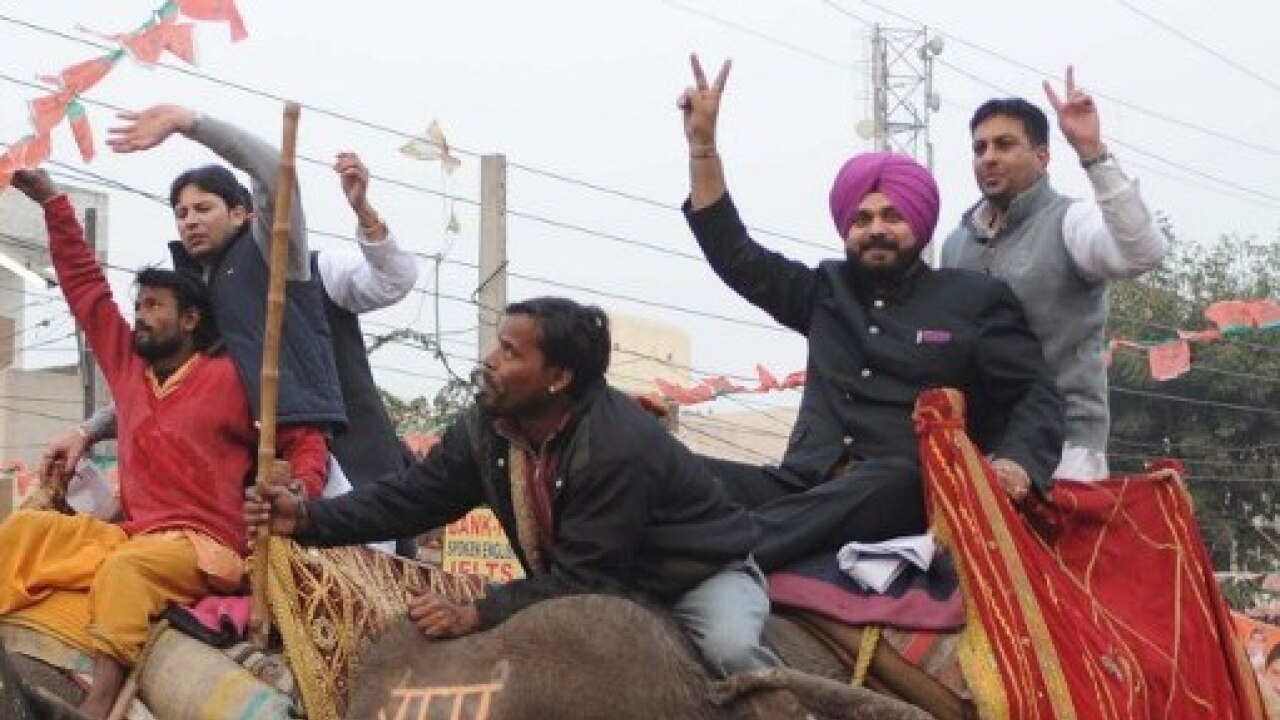
On the face of it, 638 declarations revealing Rs3,770 crore of hitherto undisclosed foreign assets and income under the amnesty provision provided by the Black Money (Undisclosed Foreign Income and Assets) and Imposition of Tax Act 2015, look modest — and even disappointing. The drive, after all, was expected to yield Rs6,700 crore and has coughed up a much less impressive amount. Besides, it was none other than the Prime Minister who had made the recovery of black money one of the centrepieces of his 2014 Lok Sabha election campaign. Exuding confidence, he had promised to recover the money stashed away in foreign banks within 100 days of his assuming office. Modi had even assured that the quantum of the money recovered would be substantive enough to deposit Rs15 lakh in each citizen’s account. It was of course a stump speech with the inevitable hyperbole that is part of any such tall claims made in the heat of elections.
BJP leaders have been trying hard to explain the Prime Minister’s unrealistic claims as mere ‘jumla’ or turn of speech. But there is no denying that the subject of black money does continue to haunt the Bharatiya Janata Party (BJP) as well as the Prime Minister. For the Opposition, the government’s failure to make good its claim has become a handy stick to beat the BJP with. Unfortunately however, the pedestrian exchanges between the ruling party and the Opposition, has not added to the quality of the discourse around an important subject like black money.
The second, and the really important reason, is that the anti-black money law and the small gains made through the amnesty provision have raised questions about the foreign accounts. The individuals, including many business entities, who have come clean, will now have to pay a 30 per cent tax and a 30 per cent penalty by the end of December this year. As a consequence, the government will be collecting a tax of Rs2,220 crore. What then is the incentive to disclose foreign assets if you end up paying such a hefty penalty? The answer is simple: if you get caught you lose everything, and even worse, have to serve time in prison.
Tax consultants and chartered accounts are of the view that many people have dodged the legal dragnet by already diverting the undisclosed money into trusts and third party accounts. Some are even bringing back the money through the foreign direct investment (FDI) channel. The argument however sounds flimsy. The question to be asked is whether tax evaders, either in the country or those with foreign bank accounts are liable to be penalised or not. The unambiguous answer is that tax evasion is a legally punishable financial crime.
The question however runs deeper. And it has to do with the tax philosophy of the government of the day. The right-wing BJP, in contrast to the ostensibly socialist Congress, advocates lower tax rates to expand the ambit of tax collection and incentivise the wealthy to pay up their taxes. The same principle then needs to be extended to those keeping money in foreign banks. What has to be made clear is that maintaining foreign bank accounts is neither a crime nor an anti-national activity. But the information of that account should be made available to tax authorities. The government should tax the foreign assets owned by Indian citizens.
Finally, the Baba Ramdev rhetoric of painting those with foreign accounts as evil can’t be taken seriously. Along with the law penalising people for not declaring foreign assets and incomes, there should be guidelines for those who want to invest abroad and park their money in foreign banks. The Modi government needs to get off this hobby-horse of chasing ‘traitors’ that is Indians with money in foreign banks. And instead, approach the issue of foreign accounts of Indian citizens in a sane and rational manner.